Dubai Design Week 2024 brought together innovators to address pressing environmental and humanitarian challenges. Among the notable projects was a mushroom-based emergency housing shelters by ReRoot, a group of designers creating eco-friendly solutions. The exhibition highlighted localized, practical designs tailored to regional needs, with a strong focus on sustainable shelter solutions.
Mycelium Shelters by ReRoot: An Adaptable Housing Solution
ReRoot’s shelters, presented by Palestinian urban planning expert Dima Al Srouri, offer an innovative response to the housing crisis faced by displaced populations, particularly in Gaza. These shelters are constructed from mycelium, the root-like part of mushrooms, which provides strength, insulation, and environmental benefits.
Designed for extreme weather conditions, mycelium shelters stand out due to their natural thermal insulation and durability. Grown in combination with organic materials, the structures are shaped into robust components for temporary housing. Unlike conventional materials, mycelium is biodegradable, making it an eco-conscious option for disaster relief.
The prototype displayed at the expo featured a functional design, including a sloping roof for water runoff and ventilation openings for airflow. These shelters aim to protect occupants from rain and cold, offering a significant improvement over the current tent-based housing systems provided by aid organizations.
Srouri emphasized the limitations of existing shelters, which often fail during winter months. The mycelium shelters are a localized solution that can be cultivated and assembled near affected areas, reducing logistical challenges and improving efficiency in emergency response efforts.
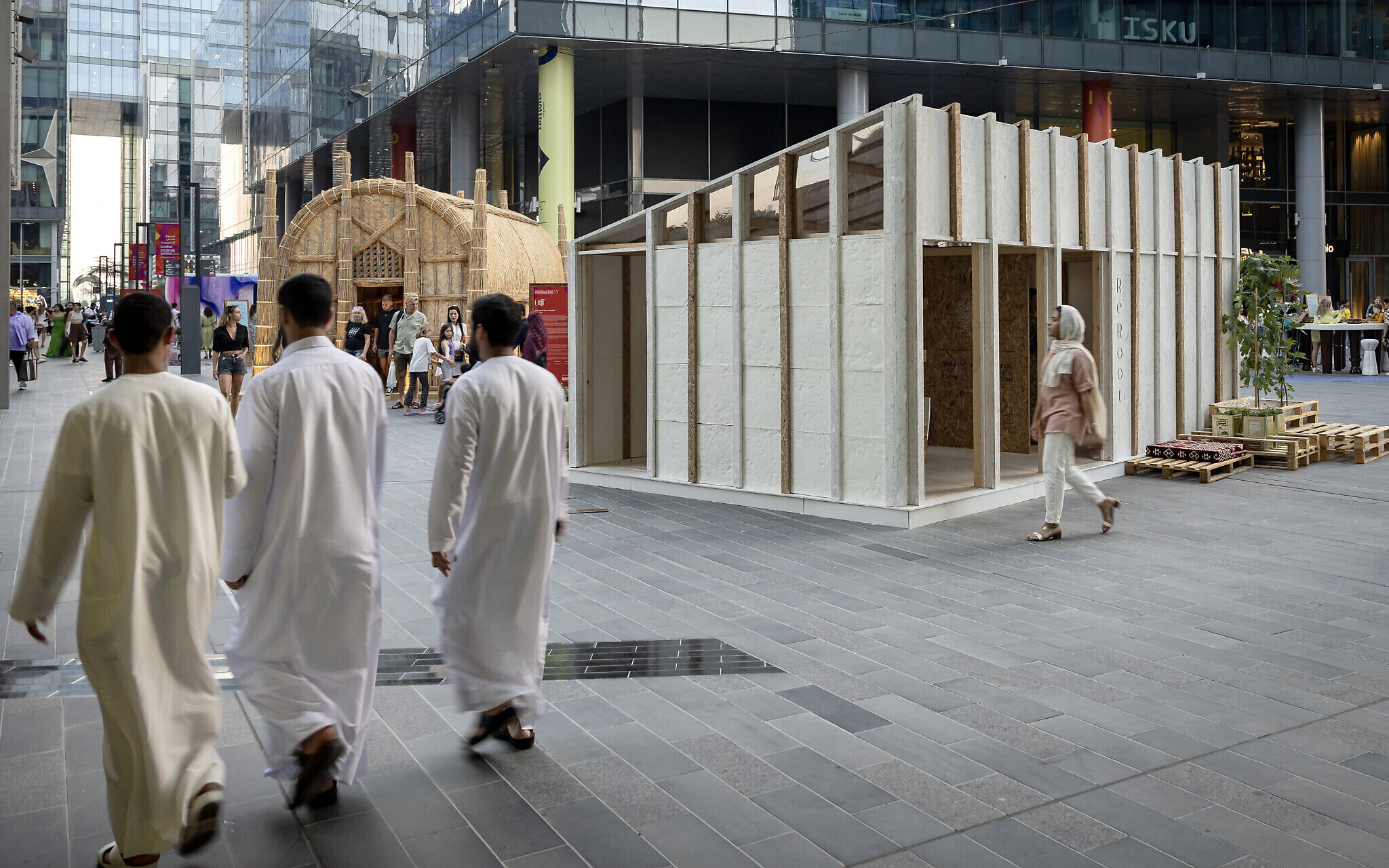
Addressing Challenges with Mycelium-Based Shelters
The use of mycelium in shelter construction tackles several critical issues. Traditional emergency shelters lack adequate insulation and durability, leaving displaced individuals vulnerable to weather extremes. Mycelium’s insulating properties make it ideal for constructing weather-resistant housing.
Production of mycelium is sustainable and adaptable. The material can be grown in molds of various shapes, offering design flexibility suited to different environments. This adaptability ensures shelters can meet the diverse needs of communities in crisis zones.
Moreover, the eco-friendly nature of mycelium reduces reliance on plastics and metals, helping decrease waste and carbon emissions. By replacing traditional materials with biodegradable alternatives, ReRoot’s initiative aligns with global efforts to make disaster relief more sustainable.
The Significance of Localized Design
Projects like the mycelium shelters highlight the value of using local resources and expertise. Mycelium can be cultivated in a variety of climates with minimal infrastructure, enabling on-site production even in resource-constrained areas. This localized approach reduces costs and logistical complexities while empowering affected communities.
In regions like Gaza, where supply chains are frequently disrupted, the ability to grow and assemble building materials locally is a crucial advantage. By focusing on local production, ReRoot’s initiative supports self-reliance and resilience among displaced populations.
Other Sustainable Designs Showcased
While mycelium shelters captured significant attention, other projects at the expo also demonstrated innovative uses of local resources. Emirati architect Abdalla Almulla presented low-rise buildings made from recycled construction waste. Partnering with Swiss company Oxara, Almulla proposed structures incorporating discarded concrete and roofing crafted from palm fronds, echoing traditional Gulf architecture.
This approach emphasizes the practical application of cultural heritage in modern construction, promoting designs that reduce environmental impact while retaining local identity. Almulla’s work provides a counterpoint to Dubai’s towering skyscrapers, showcasing sustainable alternatives for urban development.
Rethinking Design for Practical Impact
Dubai Design Week 2024 underscored how sustainable design can address complex global challenges. Projects like mushroom-based shelters and recycled construction materials demonstrate the potential of blending traditional methods with innovative techniques. These initiatives highlight the growing role of design in creating solutions that are practical, localized, and environmentally responsible. By leveraging local materials and knowledge, designers are reshaping how communities respond to crises, offering scalable models for global adoption.
Images- thejakartapost.com, timesofisrael.com

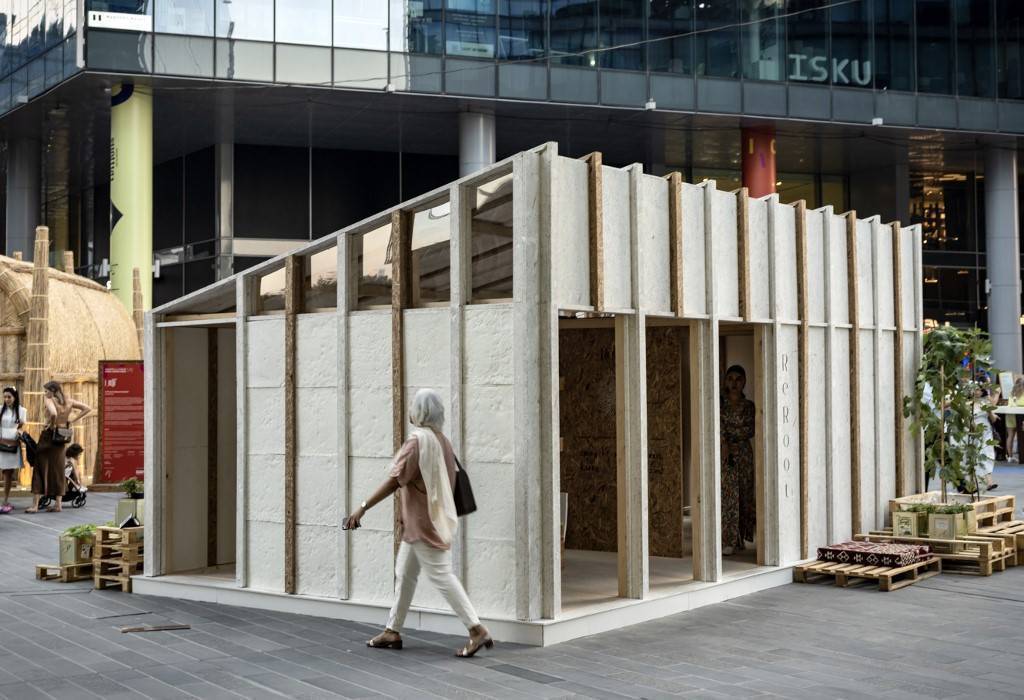
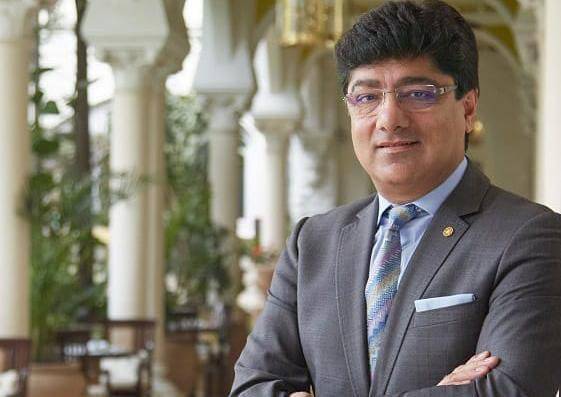


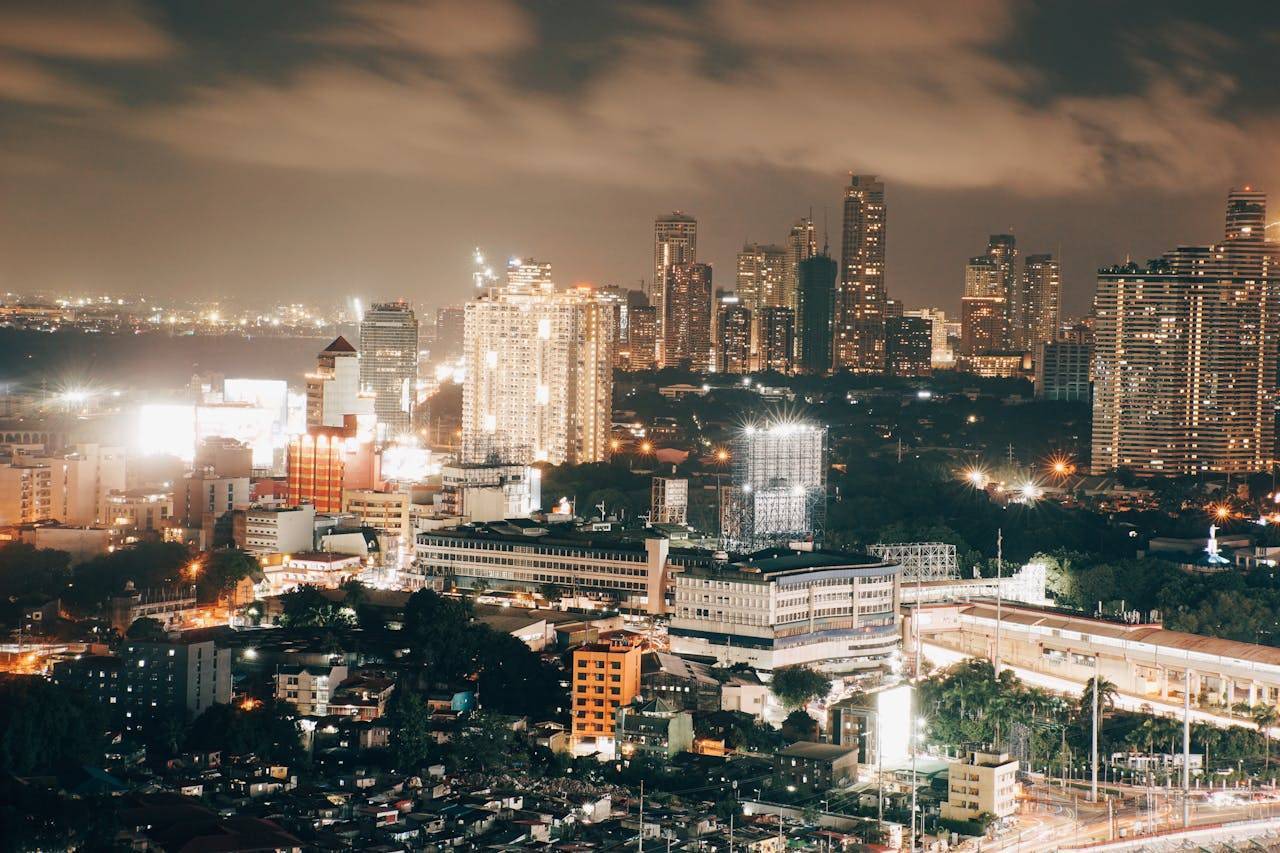
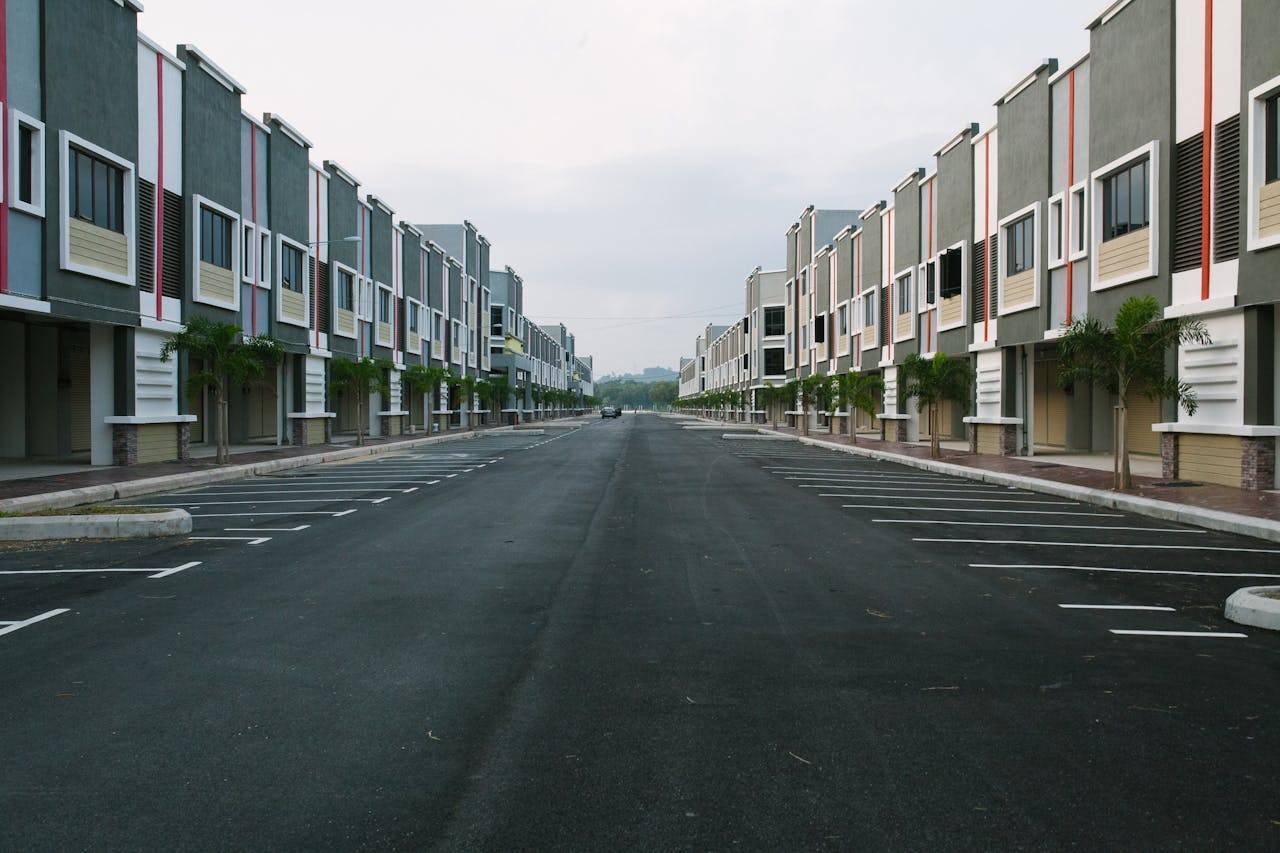
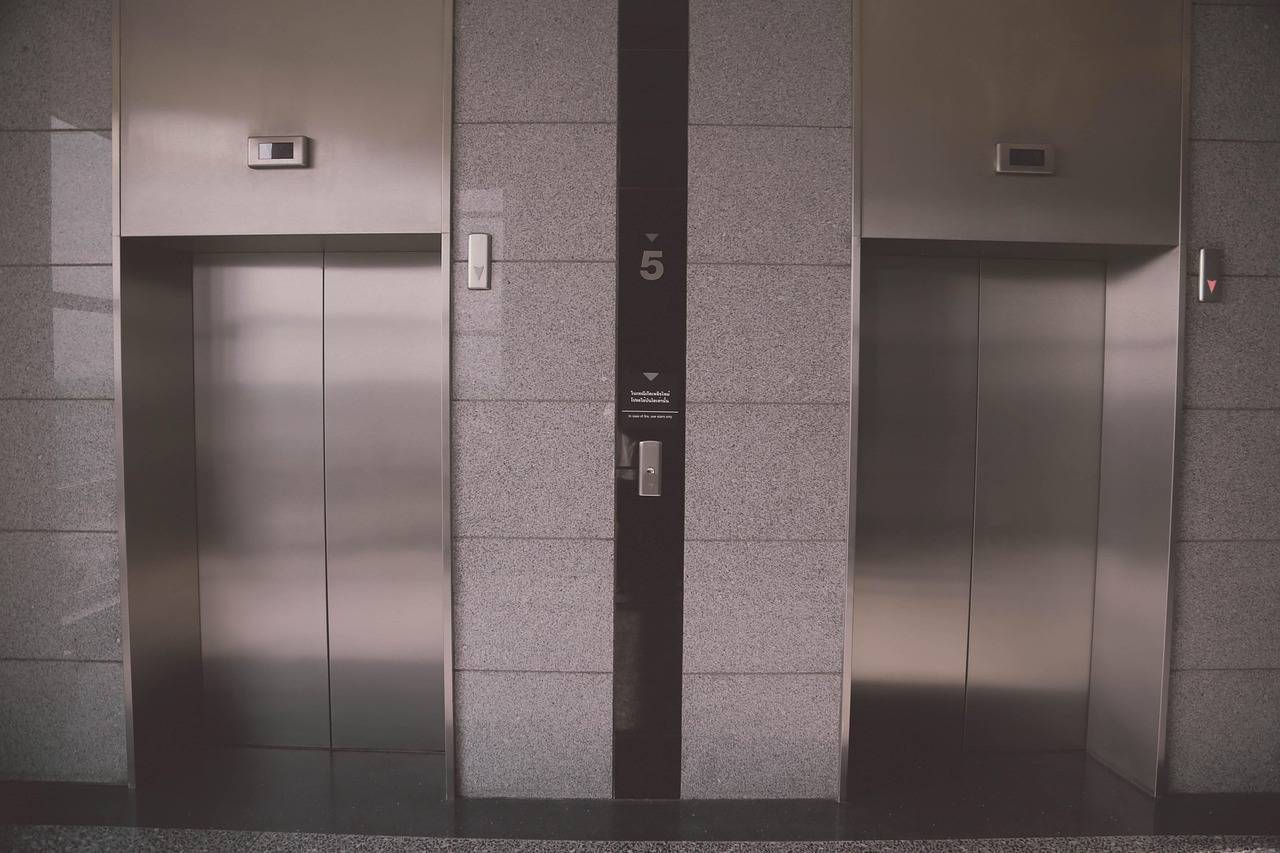

.png)